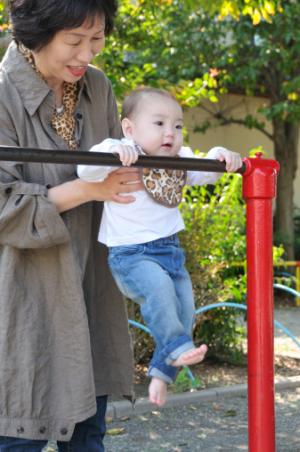Welcome | Log In
Estate Plan: 10 Things You Must Know

Let's take a look at 10 things that are important to understand when you sit down with a donor prospect to discuss making a gift via estate plan.
1. An estate plan gift is the highest possible vote of confidence.
Indeed, an individual who includes your organization in their estate plan is among the most important donors you have, for the simple fact that an estate commitment is frequently the largest gift a donor will make in their lifetime, and it is the ultimate confirmation of their trust in and long-term commitment to your organization.
2. Be clear about "ultimate."
When you reference an estate gift as being the donor's "ultimate gift," make certain that you are correctly understood: "ultimate" is not being used to describe the donor's last gift; rather, the word is referencing the likelihood of the estate gift being the largest gift he or she will make.
3. A lot of donor prospects haven't thought much about their own death.
By beginning a discussion with a donor prospect about the possibility of arranging an estate gift, you may well have the opportunity to play a role in helping certain donor prospects come to terms with their mortality. That's not to say that this will happen over the course of a single lunch, of course -- it will be a process the donor goes through, but if you make yourself available and ask the right questions, you can play a part in the donor beginning to think decisively about what they want to happen after they're gone. Which is good, because until they do, there's little chance of them having a carefully thought out estate plan.
4. Always be checking yourself.
This holds true for all your relationships with donors and prospects. But when building a relationship with a donor prospect around the possibility of an estate gift, you need to be absolutely certain that you avoid applying any undue influence.
5. Everyone is a prospect.
The most common age range for when donor prospects begin to prepare their most thoughtful estate plans is between the ages of 65 and 75. But that's just one range. In truth, everyone is a prospect for an estate commitment.
6. Have bequest language handy.
When discussing a gift made via simple bequest, have access to the language so that you can provide it to your donor prospect.
For more on this, please see Estate Planning: How It Works.
7. Retirement funds are frequently the best assets.
With any donor prospect, there's a likelihood that the best asset they have to designate as an estate gift is on that a) has enjoyed tax-free accumulation, and b) will have withdrawals that are taxed at ordinary income rates (e.g., an IRA).
8. Do your geographical homework.
Know before you enter discussion about an estate gift whether or not the state in which your prospect resides has an estate or inheritance tax.
9. Understand which assets can avoid the probate process.
Not all charitable estate gifts have to go through probate. Assets that have a listed beneficiary (such as an IRA or life insurance policy) may be distributed early in the estate settlement process.
10. Know the advantages of a living trust
Be able to explain clearly to your donor prospect that making a gift arrangement via living trust has distinct advantages:
- No probate
- It's private
Indeed, if the donor owns real property in more than one state, a living trust may well be the ideal way to make a secure gift via estate.